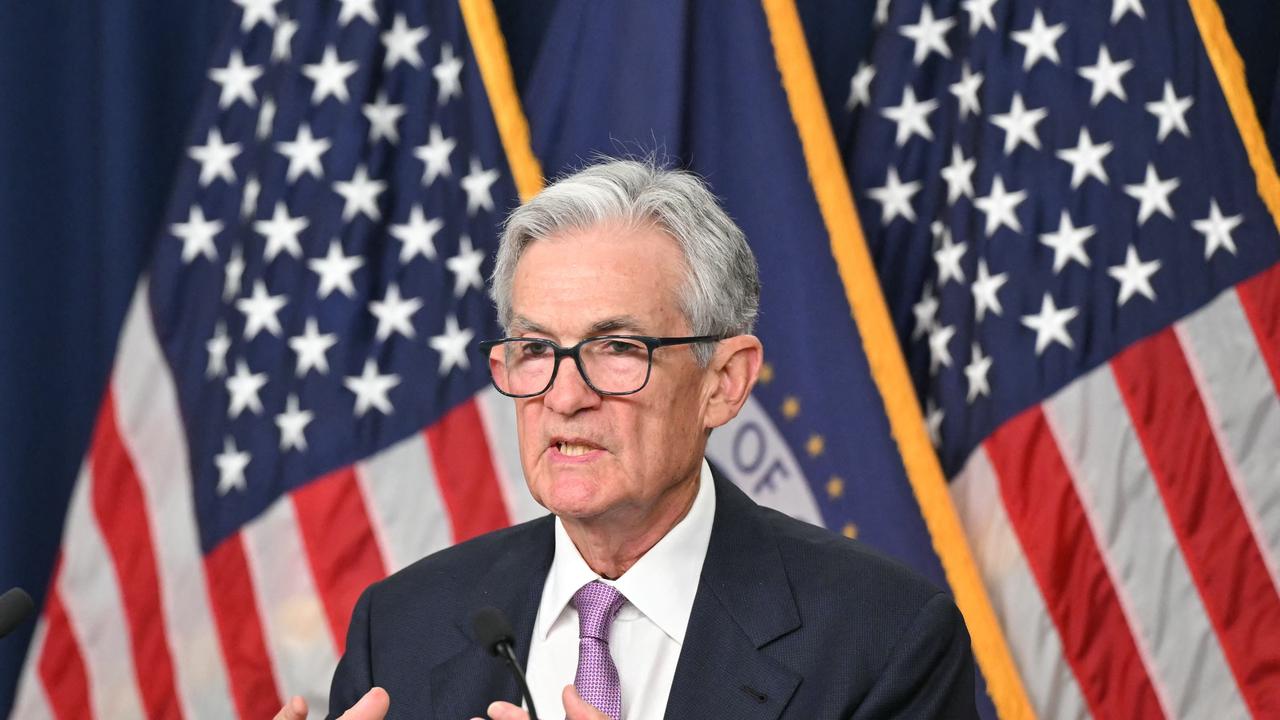Afghanistan: Don’t turn backs on those looking for hope

Following the Vietnam War, my father – then-prime minister Malcolm Fraser – welcomed into Australia about 50,000 Vietnamese refugees fleeing conflict and persecution. They had looked to Australia with hope and determination for a better life, and Australia did not disappoint. Since arriving as refugees many have gone on to have children, open businesses, become Australians and contribute so much to our way of life. We have been enriched by their contribution and their presence.
Many parallels have been drawn to the situation we see in Afghanistan right now. Fearful of what the future may hold, many Afghans are looking to countries such as Australia. We should welcome them with open arms in their time of need, just as we did for people from Vietnam half a century ago.
In my role on the board of international aid organisation CARE Australia and as a human-rights advocate, I have witnessed the huge strides made by the people of Afghanistan over the past 20 years. Greater opportunities for women and girls have bettered the lives of millions of Afghans; research shows that when a woman rises out of poverty, she brings four more people with her, and gender equality is a powerful multiplier of change.
In the 1960s equal rights for women were included in Afghanistan’s constitution. These were removed in the 1990s and reinstalled in 2004. The same year, the first female athletes competed at the Olympics under the Afghan flag. Schools, universities and workplaces reopened their doors to girls and women. Over the past 20 years women could be found at all levels of government, in courtrooms, and in the military. There is no question that many challenges remained, especially in rural areas, but the progress was undeniable.
There is a significant risk that this progress will be halted or even reversed. Afghan women are calling for the international community to protect their rights, and support their quest for freedom and equality. We must seek all available means to do this. Through aid, through diplomacy and, where necessary, through immigration.
Even before the US began its troop withdrawal, Afghanistan was in the midst of a triple-threat humanitarian crisis of Covid, drought, and insecurity. At the start of this year half the population of Afghanistan – including more than four million women and nearly 10 million children – already needed humanitarian help. One third of the population was facing emergency levels of food insecurity, and more than half of all children under five were malnourished. Since the fighting intensified, families have fled their homes with just what they could carry. They need essential food, clothing, and safe places to sleep. As winter approaches, displaced families will also have to cope with freezing temperatures and snow.
Neither Australia nor the international community should turn our backs on the women, girls, and vulnerable communities of Afghanistan at this time. CARE first began working in Afghanistan in 1961, and through conflict and crisis CARE’s Afghan teams and our partners have remained committed to the mission. They work to ensure human rights and freedoms can be enjoyed by all, and that’s a mission that transcends any one party or government. Lifesaving aid from countries such as Australia will continue to be crucial for the people of Afghanistan.
I didn’t follow my father into politics, but we shared a passion for ensuring that Australia lived up to its role in the world. I’ve seen first-hand how much impact we can have when we act with empathy and compassion. I’ve borne witness to the deadly consequences of wait-and-see approaches. Australia must act now to offer safe haven to those who seek it and to support those who choose to stay. Anything less is a failure not only to the people of Afghanistan but also to ourselves.
Dr Phoebe Wynn-Pope has worked in the humanitarian sector for 25 years. She sits on the board of aid organisation CARE Australia, which was founded by Malcolm Fraser. Donations can be made at care.org.au/Afghanistan
Read related topics:Afghanistan

